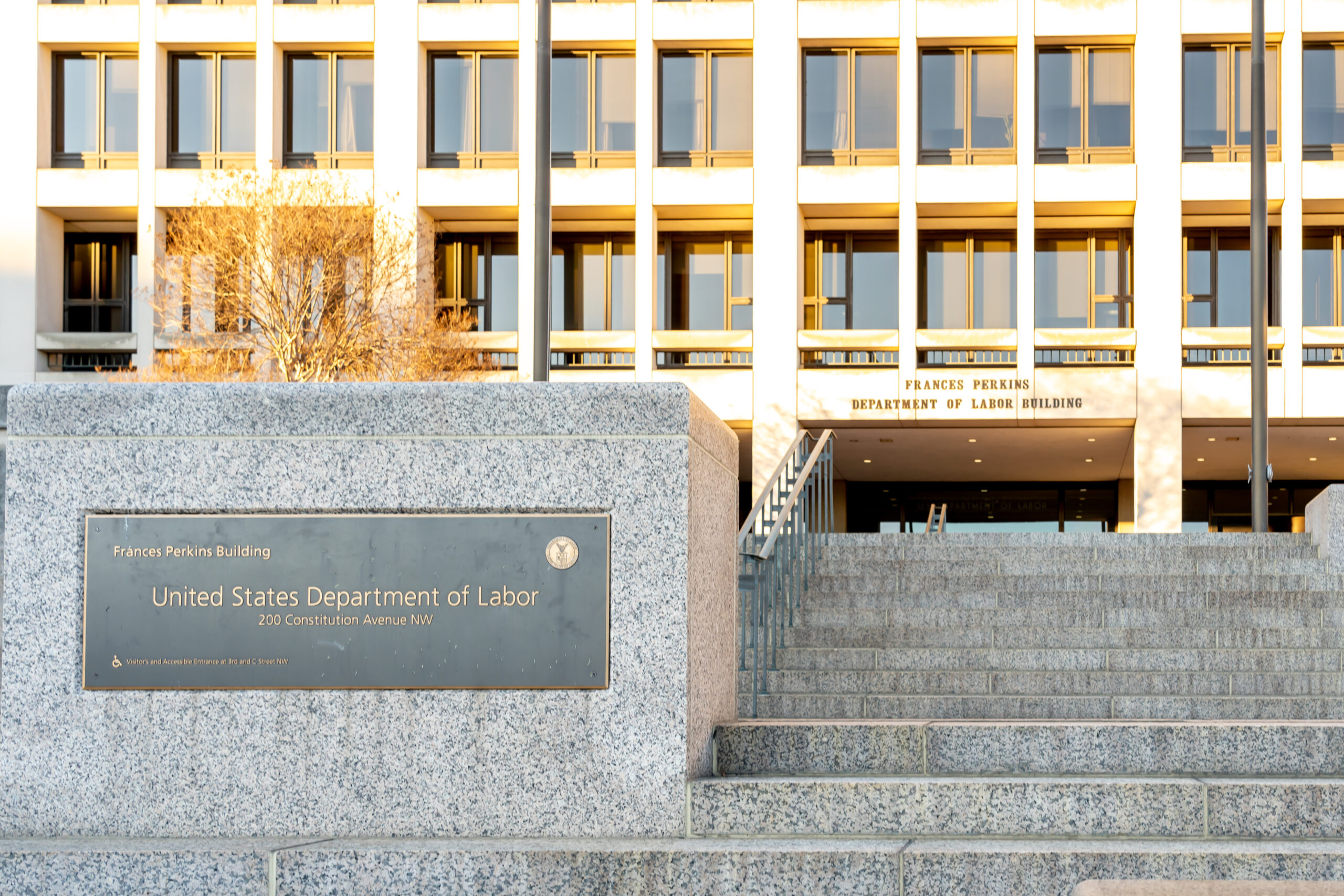
Key Points
- On October 13, 2022 the Department of Labor (DOL) published a notice of proposed rulemaking advising that it intends to alter the test used to distinguish “independent contractors” from employees under the Fair Labor Standards Act (FLSA).
- The proposed rule will rescind the 2021 Independent Contractor Rule and replace it with a multifactor, totality-of-the-circumstances test that will likely cause an increase in the number of workers classified as employees.
Significant provisions of proposed rule
The proposed rule articulates six factors for determining whether a given individual should be classified as an independent contractor or an employee, all of which should be evaluated without “assigning a predetermined weight” to any one factor. The factors are as follows:
- The nature and degree of the worker’s control over his or her work;
- The worker’s opportunity for profit or loss;
- The relative investments of the worker and employer;
- The permanence of the working relationship between the worker and the employer;
- The degree of skill necessary to perform the work; and
- The extent to which the worker’s duties are an integral part of the employer’s business.
By relying on six equal factors to classify workers, the proposed rule stands in stark contrast to the 2021 Rule that the DOL intends to supplant. Specifically, the 2021 Rule focused on two “core factors” to determine whether a given worker is an independent contractor—the nature and degree of the worker’s control over his or her work and the worker’s opportunity for profit or loss. While the 2021 Rule articulated three other factors to use when classifying workers—the degree of skill factor, the permanence factor, and the extent to which the worker’s duties are integrated into the employer’s process—the Rule stated that the core factors should carry substantially more weight. Accordingly, the test articulated in the proposed rule may cause some workers who would have been classified as independent contractors under the 2021 Rule to be classified as employees.
Scope of change
Importantly, this rule would only alter the DOL’s classification rule for wage and hour purposes, such as determining minimum wage and overtime requirements. Interpretations by other agencies at the federal level, such as the National Labor Relations Board and Internal Revenue Service, are not affected by the DOL’s proposed rule. Similarly, this rule would have no effect on the classification of independent contractors under a variety of state laws, including workers’ compensation, unemployment benefit, and wage and hour laws.
Stakeholders may submit comments regarding the proposed rule to the DOL until November 28, 2022. Following the end of the public comment period, the DOL is expected to issue a final rule early next year.
What you need to know
Employers should anticipate that the new proposed independent contractor test will be adopted without substantial modification. Remedying misclassification of workers continues to be an enforcement priority for the DOL. As such, considering the risk that comes with misclassification of workers, particularly for employers with a significant number of contracted workers, employers should consider auditing their current classifications of independent contractors to mitigate their potential liability.
Contact us
We will continue to monitor these developments and provide updates as the rulemaking progresses. If you have questions regarding this rule and its potential effects on your business, or if you would like assistance submitting a comment to the DOL or adjusting your policies in anticipation of this rule, contact Erik Eisenmann, Griffin Albaugh, Tracey O’Brien, or your Husch Blackwell attorney.